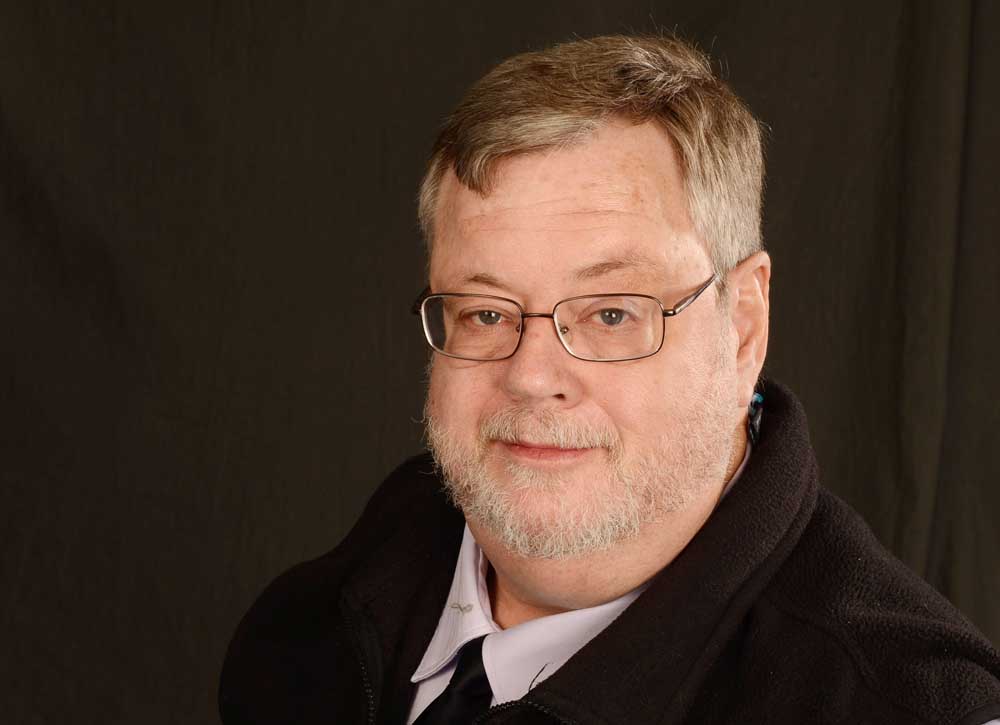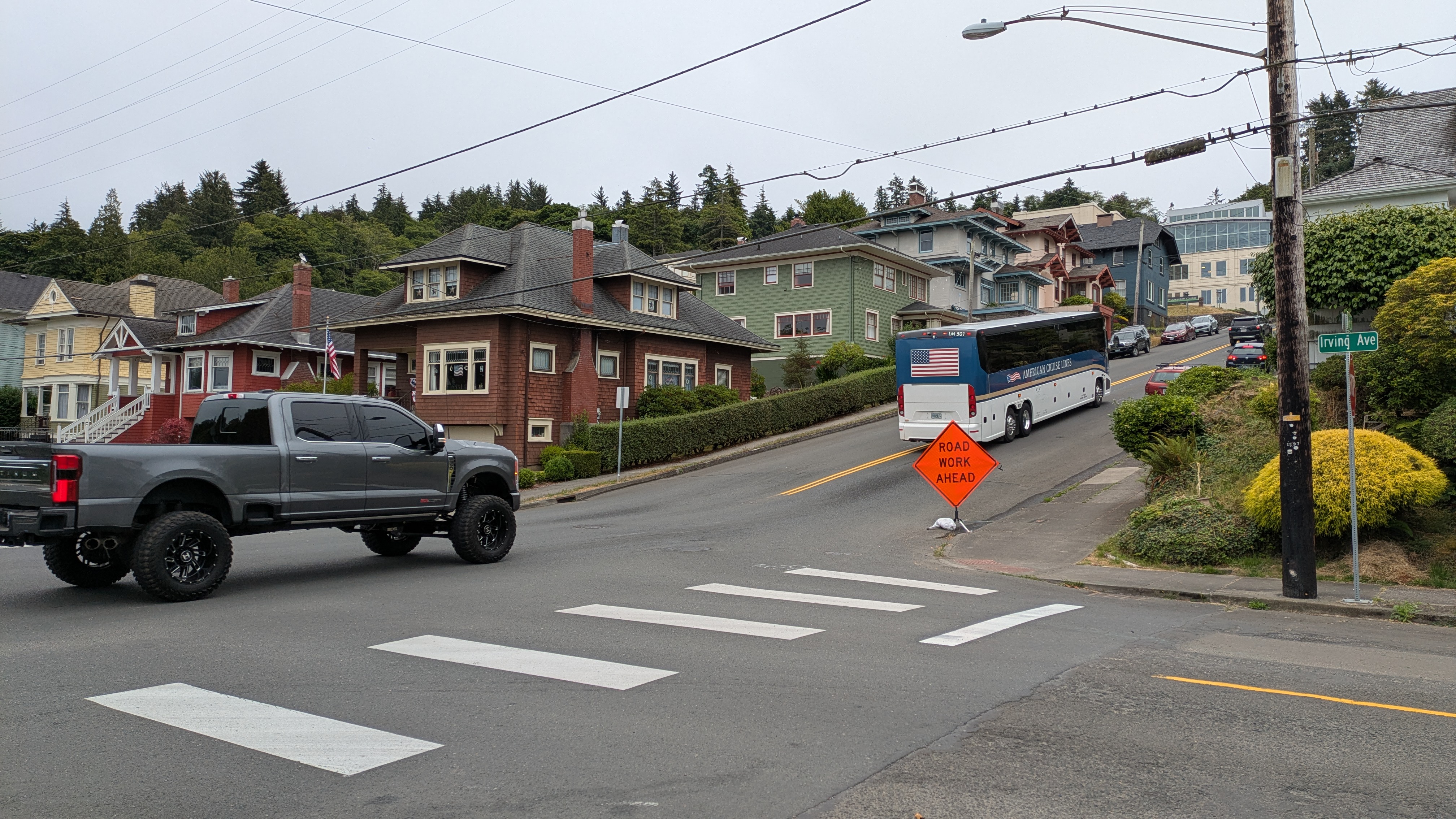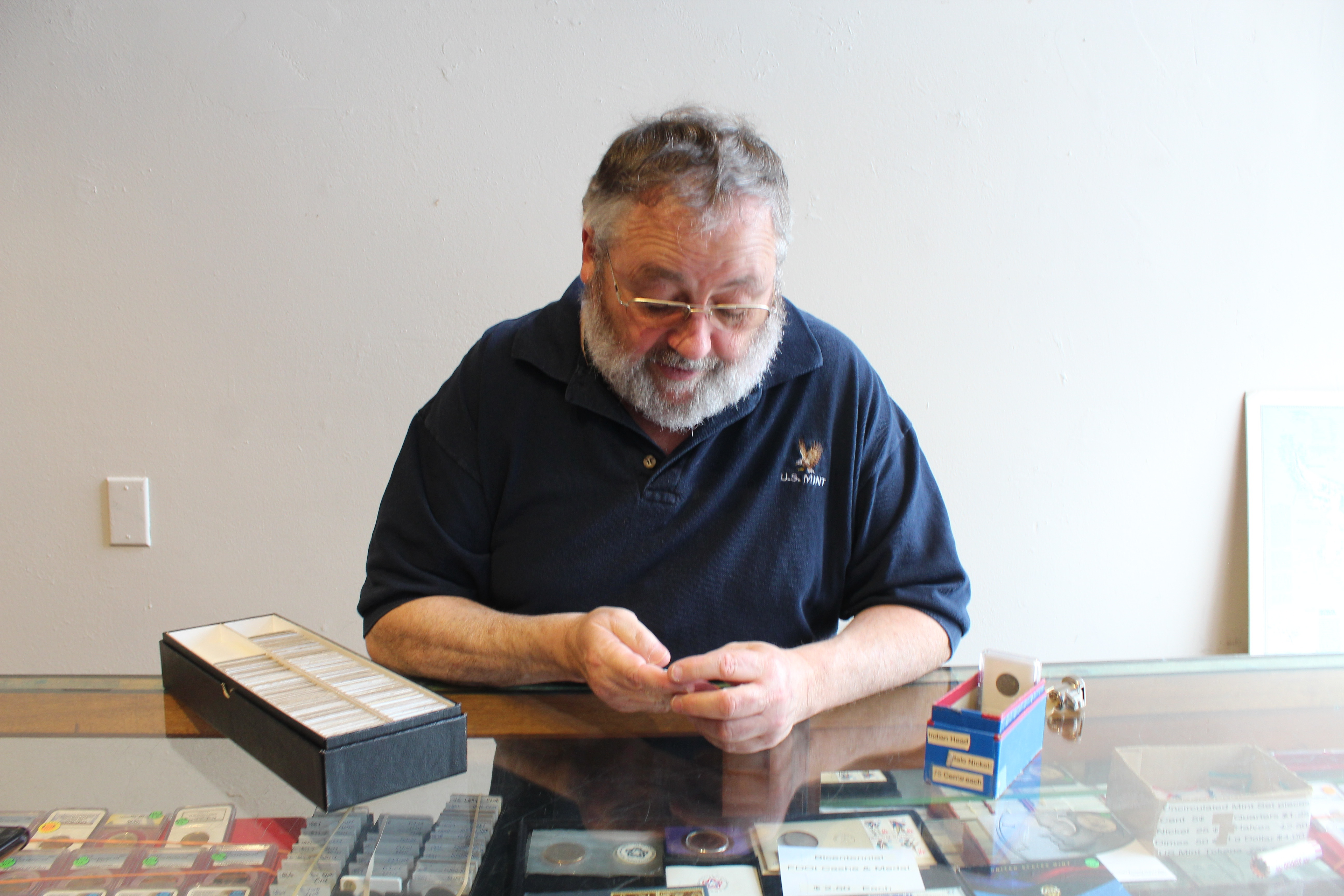Guest Column: An Oregon Republican looks to expand Idaho
Published 12:30 am Tuesday, March 30, 2021

- Dick Hughes
Mark Simmons, a Republican former speaker of the Oregon House, was set to testify last week at the Idaho Legislature in favor of letting eastern and southern Oregon counties become part of Idaho.
Trending
But a not-so-funny thing happened in the Idaho Capitol. Nine new COVID-19 infections were reported there, and the Idaho Legislature abruptly decided to shut down for a few weeks.
Simmons, of Elgin in Union County, presided during the 2001-2002 legislative cycle. He was among a string of Republican House speakers. Now we have the longest-serving presiding officers in Oregon history, both Democrats, in state Senate President Peter Courtney, of Salem, and House Speaker Tina Kotek, of Portland.
Simmons’ testimony at the Idaho Legislature has been rescheduled for April 12. Mike McCarter, the president of the newly formed Citizens for Greater Idaho and head of Move Oregon’s Border, said testimony would show that “moving the Oregon/Idaho border farther from Boise will protect Idahoans from the ill effects of Oregon’s new drug law,” an apparent reference to last fall’s passage of Measure 110.
Trending
As for the pandemic, the Oregon House also partially shut down, canceling all floor sessions until this week because people might have been exposed to someone with COVID-19 during the March 15 or March 16 floor sessions. That person, presumably a House member or one of the few staff in the House chamber, was not publicly identified.
Oregon, which has required legislators to wear protective face masks on the House and Senate floors, had been among the few states without any coronavirus infections among lawmakers.
Unlike Oregon, Idaho neither closed its Capitol to the public nor required face masks. Lawmakers were not allowed to participate remotely, but public seating was limited and the public was allowed to testify remotely.
Idaho politics are a reverse of Oregon’s, which is why some Oregonians embrace the notion of shifting the state border. Idaho Republicans are the ones who hold supermajorities in their Legislature. They outnumber Democrats 28 to 7 in the Idaho Senate and 58 to 12 in the House. The split is so wide that the House and Senate committees that will hear Simmons’ testimony have a combined 20 Rs and five Ds.
Backers of an expanded Idaho suggest, “Areas that vote like Idaho does, and are economically healthy enough to be welcomed by Idaho, are eastern, southern and most of central Oregon, southeastern Washington and northeastern California.”
It’s a long shot idea that would require congressional action, but five Oregon counties — Baker, Grant, Lake, Malheur and Sherman — have related measures on their May ballots. Petition drives also are under way in Curry, Josephine, Jackson, Klamath, Harney, Morrow and Umatilla counties. Among the arguments being presented for the border charge are that “voters will appreciate Idaho’s overall lower taxes and red-state values on hot-button topics.”
One such topic is gun control, a defining issue of urban and rural America.
Gun control in Oregon: “Colleagues, this is the urban-rural divide,” Sen. Tim Knopp, R-Bend, said Thursday as the Oregon Senate debated Senate Bill 554. It would allow the state and local governments to ban anyone, including holders of concealed weapons permits, from bringing firearms onto public property.
“You wonder why many counties in Eastern Oregon want a divorce from Multnomah County? This is why,” Knopp said.
The bill passed 16 to 7 on a near party-line vote, with Sen. Betsy Johnson, of Scappoose, the only Democrat who voted “no.” Five senators declared potential conflicts of interest because they have a concealed handgun license: Senate Republican Leader Fred Girod, of Lyons; Sen. Lynn Findley, R-Vale; Knopp; Johnson; and James Manning Jr., D-Eugene.
Much of the debate came down to how comfortable people were in being around anyone carrying a concealed firearm.
A statewide survey this month by DHM Research found that 59% of respondents either strongly or somewhat support the policy behind SB 554.
Responses were divided along geographic and partisan lines. Support in the Portland metro area was 69%; Willamette Valley, 56%; and the rest of the state, 49%. Among Democrats, support was 80%, compared with 38% of Republicans and 54% of other voters.
State law bans most Oregonians from possessing firearms in public buildings unless they have a concealed handgun license, and Knopp described SB 554 as “a bill in search of a problem.”
Sen. Ginny Burdick, D-Portland, has long been trying to get the policy through the Legislature. She said the identities of Oregon’s nearly 300,000 concealed handgun license holders are confidential, so it’s unknown whether any had committed violent crimes in public buildings.
More on Idaho and gun control: Back when states appreciated mavericks, Idaho produced the liberal U.S. Sen. Frank Church, who served during from 1957 to 1981 before losing reelection. On national issues, Church frequently was out of step with his conservative constituents. But on gun control, he staunchly opposed any attempt to hinder Idahoans’ right to bear arms.
By the way, Church was the last Democrat from Idaho to serve in the U.S. Senate, just as Vic Atiyeh was the last Republican governor of Oregon, serving from 1979 to 1987.









